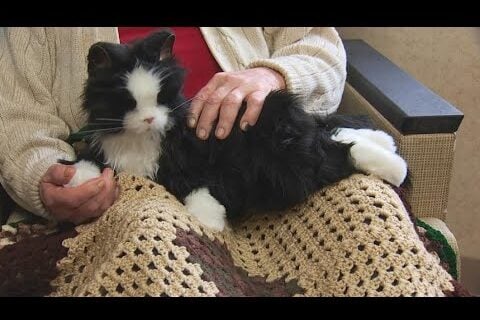
A Morning Music Lift Lasts All Day in Alzheimer’s
Learn about ‘personalized music for dementia’ and its powerful effect on Alzheimer’s. See the Director of the hit film, ‘Alive Inside’, on the dementia-impact of music.

Learn about ‘personalized music for dementia’ and its powerful effect on Alzheimer’s. See the Director of the hit film, ‘Alive Inside’, on the dementia-impact of music.
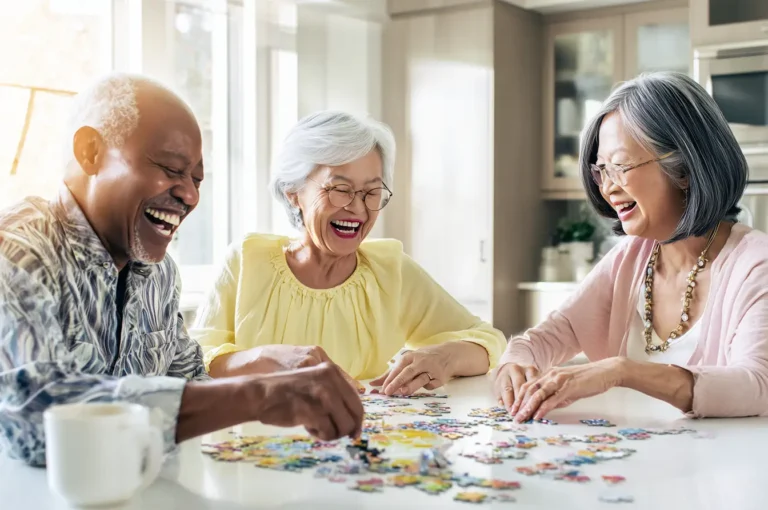
Creating peace, calm and a sense of control over their environment is the best gift to give a person living with Alzheimer’s. Learn all about In-Home Routines.
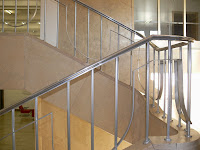
EMERGENCIES due to falling happen 54% more often in dementia. As a rule, 1-in-3 adults over 65 fall each year. Most falls happen at home. Make a few simple changes and prevent falls.

Learn about The Alzheimer’s Society of Canada’s campaign to bust the stigma of dementia.
Discover 6 easy ways you can make a difference.

VIDEO+ARTICLE CARE TIP: Midnight snacks are great on New Year’s Eve and even greater on midnight dementia-care shifts. Learn how late-night munchies solved a nurse’s wandering & behavior problems.

NEW YEAR’S VIDEO & ARTICLE: New Year’s Eve can still be a fun, enjoyable experience for loved ones with dementia. It’s a perfect moment to reflect on past moments that warmed the soul.
Learn how reminiscing makes for a great activity.
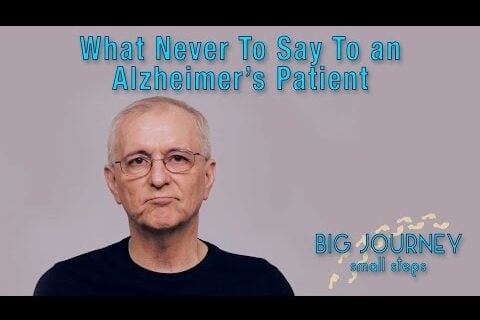
[VIDEO] TIPS FOR FAMILY, FRIENDS & CAREGIVERS. The title says it all. Whether caregiving for someone with Alzheimer’s or just visiting, be wise & avoid these phrases.

DEMENTIA & HOLIDAY PLANS: Relatives with dementia may be frail or have special emotional, mental and physical health needs. Check out these ways to help them enjoy the holiday season.

VIDEO & ARTICLE – CARE TIPS:
This season is filled with family and friends, laughter and reminiscing. Learn ways to prevent dementia’s stress, frustration, and loneliness. Fill the holiday with joy.

HOLIDAY TIPS: Getting together for a holiday meal can cause a person with Alzheimer’s confusion and anxiety. Get 10 tips to make the holiday more easy and pleasurable.

Swiss researchers find that people with certain personality traits are protected against Alzheimer’s disease, including those who are less agreeable, had natural curiosity, and were nonconformists. Find out why.

Learn about ‘personalized music for dementia’ and its powerful effect on Alzheimer’s. See the Director of the hit film, ‘Alive Inside’, on the dementia-impact of music.

The antidepressant drug citalopram, also sold under the brand names Celexa and Cipramil, significantly relieves agitation in Alzheimer’s. Learn about the benefits and side-effects.

Swiss researchers find that people with certain personality traits are protected against Alzheimer’s disease, including those who are less agreeable, had natural curiosity, and were nonconformists. Find out why.

Learn about ‘personalized music for dementia’ and its powerful effect on Alzheimer’s. See the Director of the hit film, ‘Alive Inside’, on the dementia-impact of music.
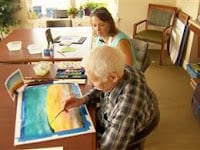
The brush strokes are precise, the colors vibrant. See a Colorado art program help patients rise above dementia, while the paintings raise money for The Alzheimer’s Association.

The protein BDNF builds synapses in the human brain, nurturing brain cells and fighting off dementia. While there is no artificial way of boosting it, social and cognitive activity can.
No spam, only news and updates.
